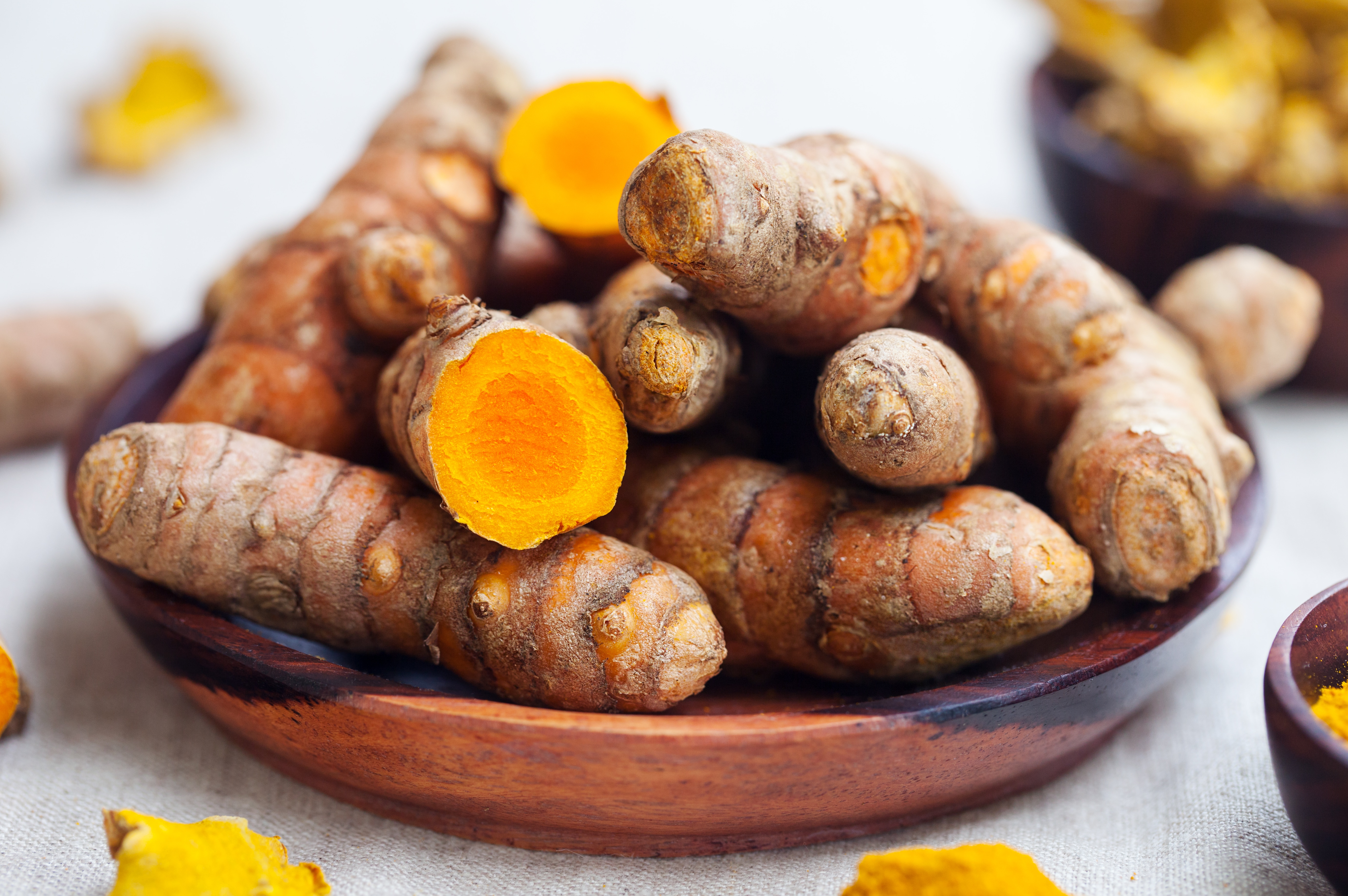Depression has become a widespread disease: 7.7 percent of Austrians are affected, for example, and the trend is rising. A dramatic increase can also be observed globally: The WHO estimates that depression will be the second most common disease worldwide in 2020 after cardiovascular diseases.
Depression as a widespread disease
Although it is one of the most common mental illnesses, depression is still a taboo subject. The psychological suffering itself is often accompanied by shame, which makes those affected increasingly withdraw and isolate themselves.
Untreated depression can be life-threatening.
Today, we know that depression affects the quality of life of those suffering from the disease as much as diabetes or heart disease. If the mental illness remains undiagnosed and untreated, it can even be life-threatening, as untreated depression is the most common cause of suicide.
The good news is that when detected in time, depression can be effectively treated with certain psychotropic drugs, antidepressants, and psychotherapy. In many cases herbal remedies are also helpful.
Curcumin has antidepressant effects
According to various studies, the orange-yellow dye curcumin from the curcuma plant, for example, has an antidepressant effect. Curcuma, also known as turmeric, originates in South Asia and is one of the most important medicinal plants in Asia.
Further articles cover the various findings about the power root and her applications against chronic inflamed bowel disease , degenerative eye diseases or certain types of cancer.
Meanwhile, the spice has become an integral part of the local cuisine. It is purposely integrated into curries, soups, and teas for its mood-lifting effect.
Curcumin appears to have the same mechanism of action as the antidepressant fluoxetine.
Favorable influence on neurotransmitters
The previously known mechanisms of curcumin have now been summarized and published by Australian researchers. According to this, the plant substance should alleviate various side effects of depression: These include disorders in the stress axis, the hypothalamus-pituitary-adrenal axis.
Curcumin is also beneficial against oxidative stress caused by free radicals, against inflammatory processes and a permeable intestinal mucosa.
The influence of curcumin on the formation of the messenger substances serotonin and dopamine, which play a decisive role in depression, is also known. A group of researchers from Taiwan also found that curcumin has similar mechanisms of action to the recognized antidepressant fluoxetine by regulating the brain messenger glutamate.
The strong yellow pigment is also likely to have a positive effect on hormonal reactions during mild chronic stress and thus reduce the risk of depression.
Therefore, the natural substance curcurmin offers interesting approaches both for the prevention and the accompanying treatment of depression.
Similar findings for the fight against depression have been made regarding zinc, omega-3-fatty acids and saffron.



